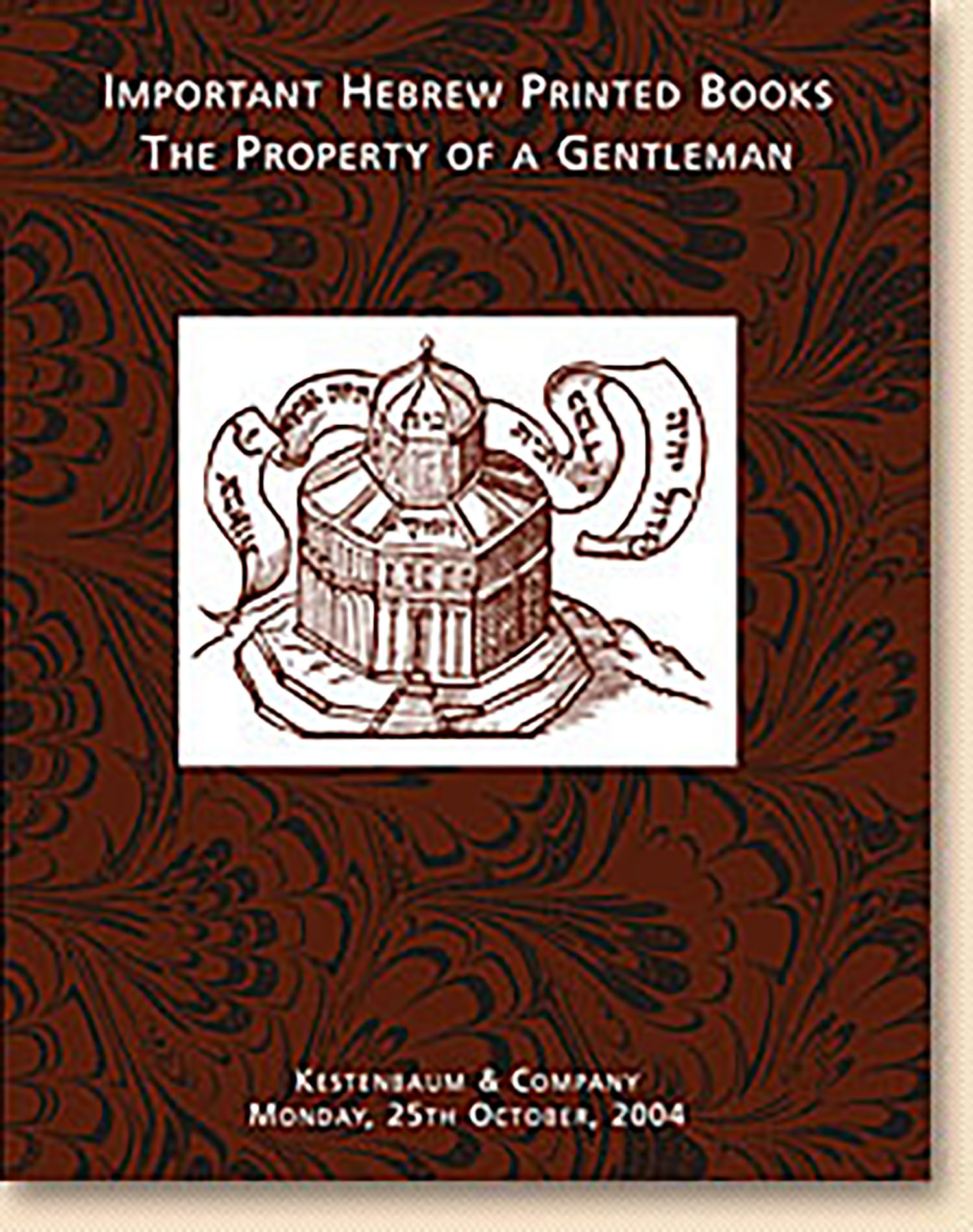Mi LaHashem Elai [Emden-Eybeschütz Controversy]

AUCTION 25 |
Monday, October 25th,
2004 at 1:00
Important Hebrew Printed Books: The Property of a Gentleman
Lot 13
EMDEN, JACOB
Mi LaHashem Elai [Emden-Eybeschütz Controversy]
(Altona): (By the Author) (1755)
Est: $5,000 - $7,000
PRICE REALIZED $8,000
EXTREMELY RARE POLEMIC BY EMDEN
In 1752 R. Jacob Emden accused the newly-installed rabbi of Altona-Hamburg-Wandsbeck, the preeminent Talmudist Jonathan Eybeschütz, of the Sabbatian heresy, as evidenced in the numerous amulets he dispensed to the sick and to women in childbirth (see previous lot). In 1755 Eybeschütz defended himself against this most grievous accusation in his work Luchoth Eduth (Tablets of Testimony), in which supposedly he took up Emden's challenge to provide a satisfactory explanation of the various cryptic allusions contained in the texts of the amulets. In Mi LaHashem Elai, Emden makes short shrift of Eybeschütz's apologetic work. “The explanations are insubstantial. Eybeschütz has thrown dust into the eyes of the reader by skirting the issue.” Emden also takes a jab at the apostate Carl Anton (originally Moses Gershon Cohen), Eybeschütz's erstwhile disciple, who rose to the defense of his former mentor. Another concern of Emden is the reputation of his late brother-in-law Aryeh Löb of Amsterdam, which had been sullied by Eybeschütz.
See JE, Vol. I, p. 654; M.H. Ganz, Memorbook: History of Dutch Jewry (1977), p. 164
Copies of this work by Emden “are difficult to obtain because the ban against them had been quite effective; most copies of Emden's writings against Eybeschütz were either incinerated or stored away and thus lost forever.” See Carmilly-Weinberger, Censorship and Freedom of Expression in Jewish History (1977), pp. 87-8
